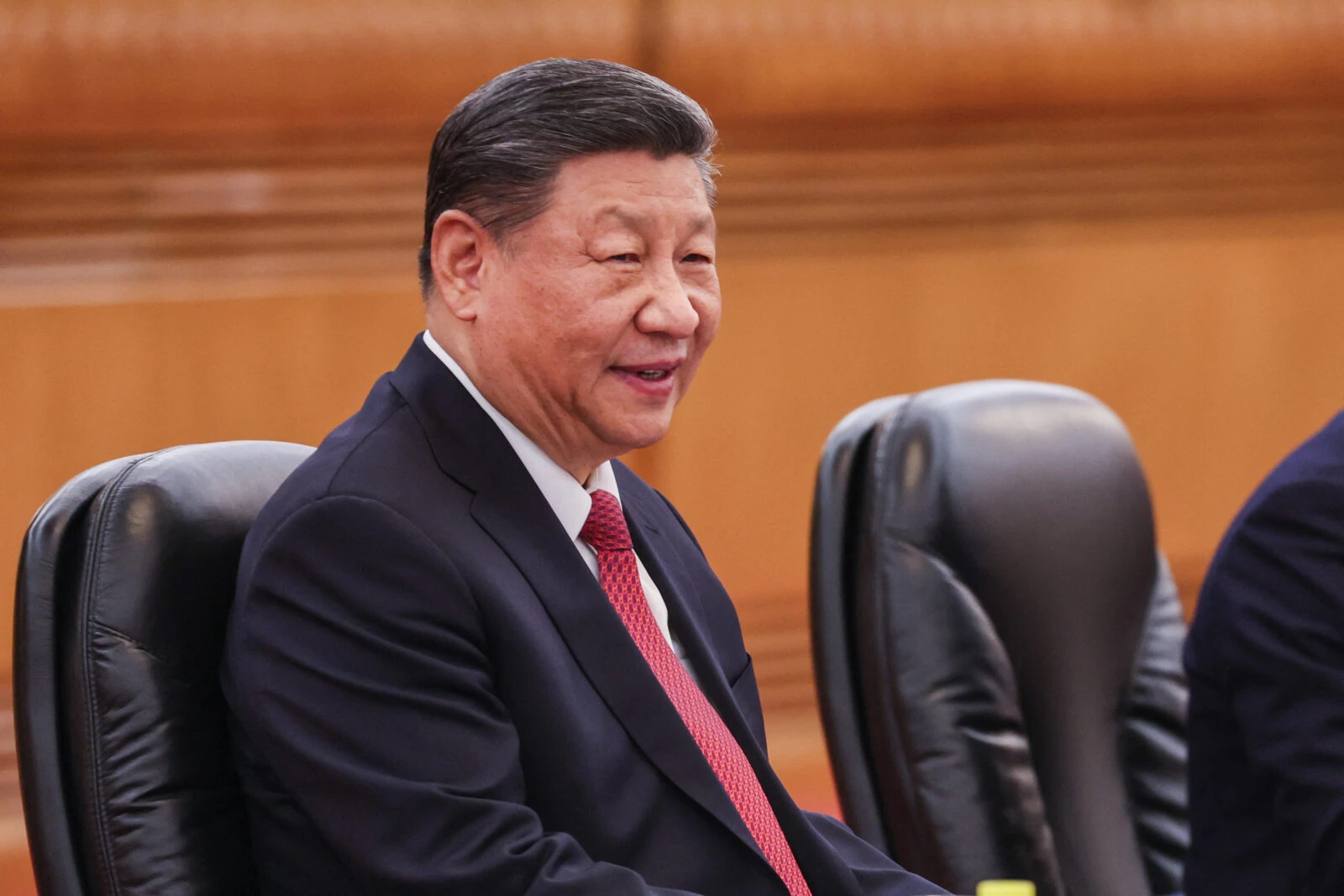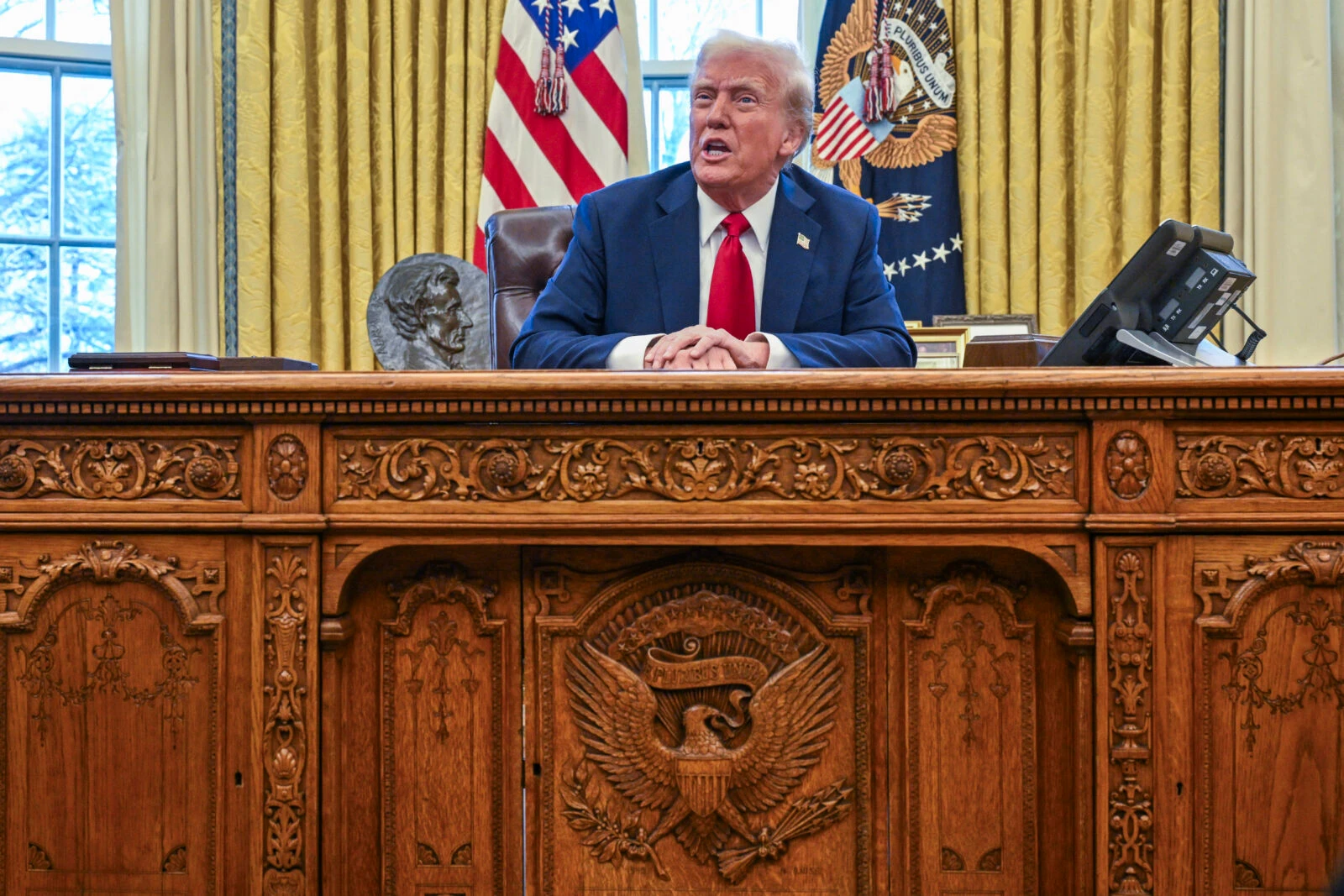Panama withdraws from China’s Belt and Road Initiative amid US pressure
 Panama's President Jose Raul Mulino speaks during his weekly press conference at the presidential palace in Panama City on Dec. 26, 2024. (AFP Photo)
Panama's President Jose Raul Mulino speaks during his weekly press conference at the presidential palace in Panama City on Dec. 26, 2024. (AFP Photo)
Panama has formally withdrawn from China’s Belt and Road Initiative (BRI), President Jose Raul Mulino announced on Thursday, marking a significant shift in the country’s foreign policy as tensions between Washington and Beijing continue to shape regional dynamics.
The decision follows growing pressure from the United States to curb China’s influence in the Panama Canal, a crucial global trade route. Mulino confirmed that Panama has provided the required 90-day notice to Beijing, signaling the country’s intent to sever ties with the initiative.

The BRI, China’s flagship infrastructure project, aims to enhance global trade by investing in transportation and economic corridors connecting Asia, Africa, and Europe. Panama initially joined the initiative in 2017 under a previous administration, leveraging Chinese investments for infrastructure development.
US concerns over Chinese influence
Washington has repeatedly voiced concerns about Beijing’s involvement in Latin America, particularly regarding Chinese investments in infrastructure projects near the Panama Canal. While China does not directly control the canal, its companies play a role in port management and construction in the region.

Mulino’s announcement coincided with a visit from U.S. Secretary of State Marco Rubio, underscoring Washington’s strategic interest in Panama’s decision. The U.S. has framed the withdrawal as a step toward limiting Chinese influence in a region historically viewed as within its sphere of influence.
Diplomatic dispute over US warship transit
Mulino also addressed a separate controversy surrounding reports that Panama had agreed to allow U.S. warships to transit the Panama Canal free of charge. The Panamanian president rejected claims made by the U.S. State Department, stating that he lacks the authority to set transit fees or offer exemptions.
“I totally and absolutely reject that statement,” Mulino said in a press conference, adding that he instructed Panama’s ambassador in Washington to challenge the claim. He criticized the U.S. government for making a misleading statement, calling it “unacceptable.”
China’s response to Panama withdrawal from BRI
Beijing expressed disappointment over Panama’s decision to withdraw from the BRI and accused the U.S. of interfering in sovereign affairs. Chinese officials defended the initiative as a means of fostering economic development rather than exerting political pressure.
Panama has launched a review of existing agreements with Chinese firms, assessing their economic and strategic impact. While authorities have ruled out the unilateral termination of contracts, they have pledged to investigate any potential violations.



